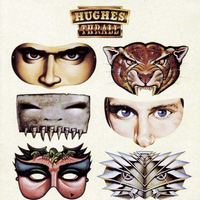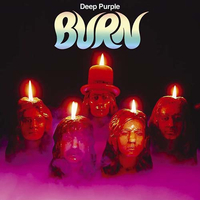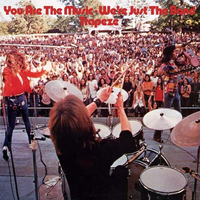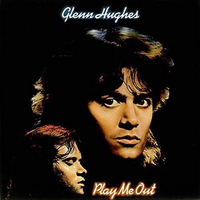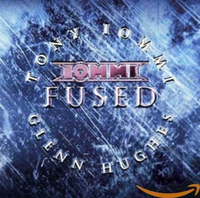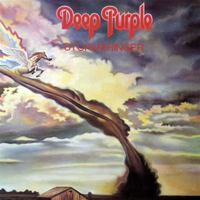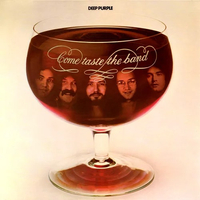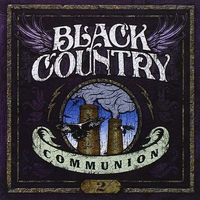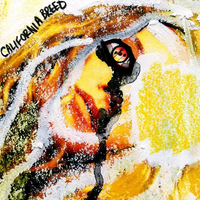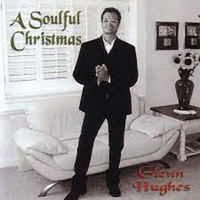Arguably Cannock, Staffordshire’s most famous son (though he does face strong competition from footballer Stan Collymore and one-time Britain’s Strongest Man Richard Gosling), Glenn Hughes has enjoyed a renaissance in his fortunes in the past couple of decades.
Throughout his career Hughes has been equally blessed and cursed: respectively, with arguably the most distinctive voice in hard rock, and by drug addiction that saw him ricochet from one project to the next with no real cohesion or direction, although almost all were flecked with flashes of brilliance.
Impressively, even during his drug years he contributed to landmark albums either as a fully fledged band member or bassist/singer for hire. Infamously, while touring with Black Sabbath, with his band due on an LA stage in a matter of hours, Tony Iommi couldn’t find the errant Hughes. It turned out that the elusive bass player wasn’t even in the state of California.
Since experiencing some sort of epiphany on Christmas Day 1991, which resulted in him forsaking his cocaine mainstay, Hughes has intensified his work ethic. He’s now trim and, despite a self-destructive impulse and years of abuse, still blessed with a voice that can straddle funk, soul and rock (sometimes critically to his detriment), but it’s to his eternal credit that he can genuinely say that he sounds absolutely like no one else; vocally he has no peers.
It was the three albums he recorded as bassist/vocalist with Deep Purple (Burn, Stormbringer, Come Taste The Band) that brought Hughes international attention and acclaim, but it’s the durability of his extensive catalogue that may turn out to be the cornerstone of his legacy: from his relatively brief tenure with British hard rock quintet Trapeze, to the aforementioned hazy days with Deep Purple, through his first solo album, the quite excellent Play Me Out, to the landmark Hughes/Thrall album years later – and many people are still waiting breathlessly for its successor. Hughes is equally at home tied to the mast of The KLF’s Viking longboat in the video for America: What Time Is Love? or as Tony Iommi’s foil on the 2005 Fused project.
Latterly he counts Red Hot Chili Peppers drummer Chad Smith (co-producer and occasionally part of his live band) and guitarist John Frusciante among his admirers and is introducing himself to a whole new generation of fans via his work with the Black Country Communion, California Breed and the Dead Daisies. And you can guarantee that they’ll look as startled when he sings as audiences first did when he let loose on the chorus of Burn all those years ago.

And one to avoid...
You can trust Louder Our experienced team has worked for some of the biggest brands in music. From testing headphones to reviewing albums, our experts aim to create reviews you can trust. Find out more about how we review.

